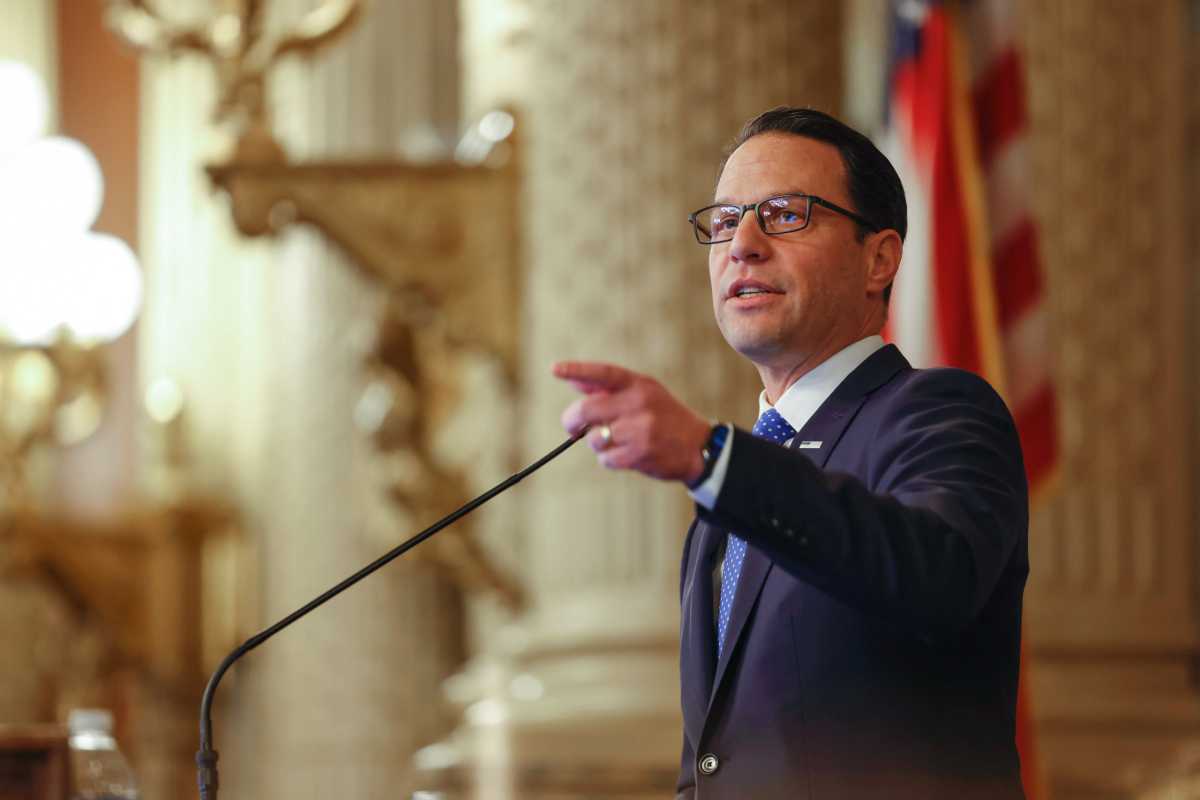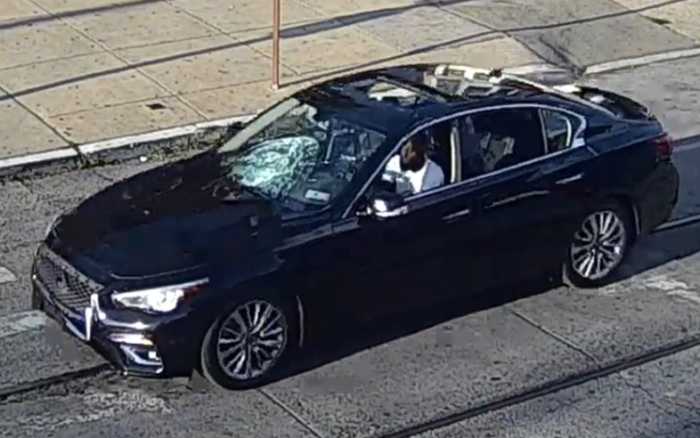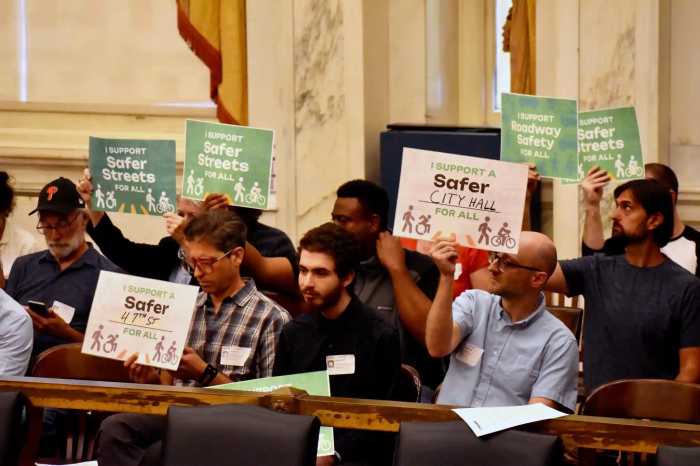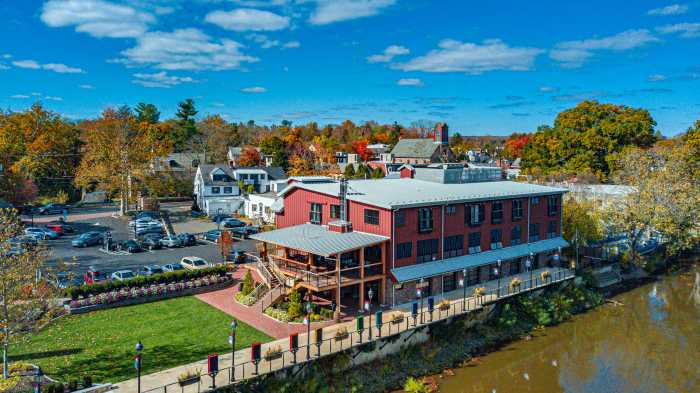When dawn broke Monday, June 30, on the Pennsylvania Capitol, it was a foregone conclusion that lawmakers would miss the midnight deadline to approve the next state budget.
This marks the fourth year in a row the budget will be late, failing to meet the last-day-of-June deadline. Gov. Josh Shapiro and leaders in the General Assembly offered scant insight into what’s causing the impasse and how long it might last.
For most Pennsylvanians, the lack of a budget will have few immediate noticeable effects. But if the gridlock persists into late July, it could result in financial stress for local governments, school districts and nonprofits that receive taxpayer dollars from the spending plan.
Shapiro told reporters at a public appearance June 30 that his staff and majority leaders from the Senate Republican and House Democratic caucuses had a busy weekend of meetings.
“We were all personally engaged. I think we made real progress, and we’re going to continue to make progress,” Shapiro said. “We understand what the issues are, and we are working through the solutions on those issues. I think the temperature is way down.”
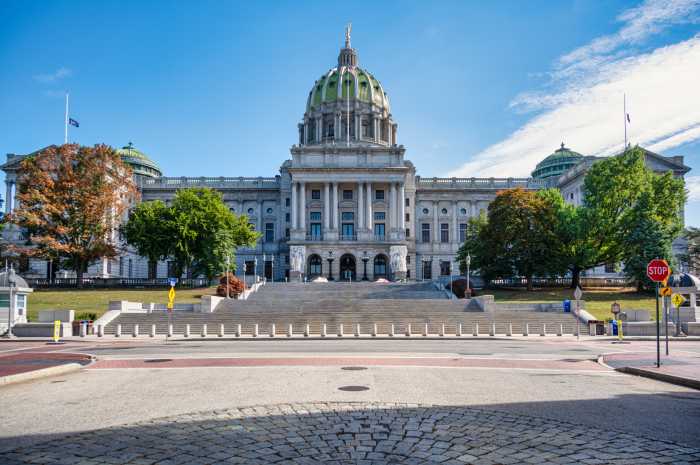
Republicans, who control the Senate, said that while they’ve acted on several “key components of the budget, to fund certain government functions,” they are focused on the state’s negative cashflow, as Shapiro’s plan would again dip into the state’s $11 billion surplus.
“Pennsylvania is facing a multi-billion-dollar structural deficit that we must address this year to prevent a financial crisis and tax increases in the future. Better aligning revenues with expenditures remains our top priority,” a statement from Senate President Pro Tempore Kim Ward, R-Westmoreland, Majority Leader Joe Pittman, R-Indiana, and Appropriations Committee Chair Scott Martin, R-Lancaster, said.
Since February, when Shapiro delivered his proposed $51.5 billion spending plan for the 2025-2026 fiscal year, Democratic lawmakers in the House have been working to pass legislation to enact Shapiro’s policy goals.
They included increases in funding for basic education, special education and school repairs, and another $526 million installment in adequacy payments to the state’s poorest school districts. The House passed legislation to rein in costs for online charter schools, setting school districts’ tuition payments at $8,000 per pupil across the state to free up $378 million a year.
The chamber has also passed legislation to provide a larger share of state sales tax revenue for public transit agencies across the state, including SEPTA, which in June passed a budget that would cut its services by nearly half.
Shapiro also proposed $750 million in additional money for highways over the coming five years by shifting fuel taxes and license fees away from the state police, since Republican lawmakers have insisted on transportation improvements for rural communities and industry.
The GOP-led Senate, meanwhile, has been circumspect about options to increase tax revenue, voting down a House bill to legalize and tax marijuana for recreational use and is deeply divided on a plan to tax slot machine-like skill games that have proliferated in corner stores and social halls across the state.
Shapiro has proposed a 52% tax on skill games, which is in the neighborhood of the state’s 54% tax on casino gaming. Pace-O-Matic, the predominant producer of the machines, has lobbied for a 16% tax, while Senate Republican leaders have offered a compromise of 35%. The division has given rise to a bitter fight between Senate leaders and powerhouse lobbying firms they accuse of running an attack campaign against GOP lawmakers, Spotlight PA reported.
House Appropriations Committee Chair Jordan Harris, D-Philadelphia, said June 25 that transit funding remains a priority.
“The bottom line is that mass transit is good for Pennsylvania’s economy, not just for any region in particular, but for the whole economy,” Harris told reporters. “It helps us fund a lot of the other things that are part of this budget. How do people get to work? How do they get to school? How do they get to their doctor’s appointment? Many of them are getting there via mass transit, and that’s in rural, suburban and urban areas across this commonwealth.”
Business leaders have noted counties across the commonwealth also benefit directly from SEPTA’s employment, procurement, and commerce.
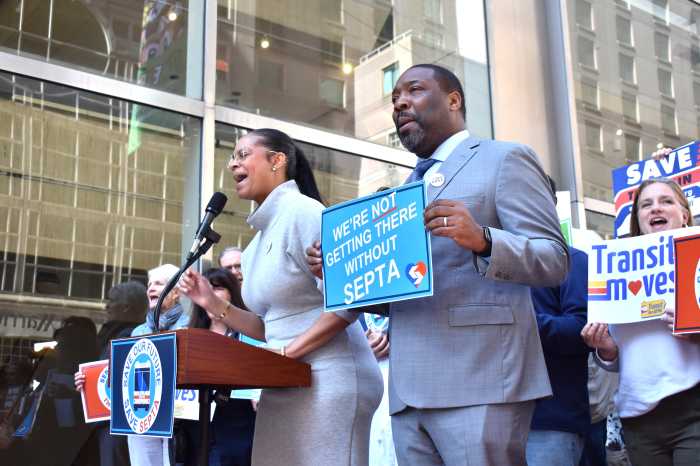
“Over the past five years, SEPTA has awarded over $1.14 billion in contracts to Pennsylvania-based companies in 39 counties, with an average annual investment of $228 million. That’s not just rail cars and bus routes in the southeast — that’s steel, rubber, electronics, parts, safety equipment, and professional services supporting jobs across the Commonwealth,” Laura Manion, president and CEO of the Chester County Chamber of Business and Industry, and Mike Grigalonis, president & COO of the Chester County Economic Development Council, wrote in support of the transit funding increase.
House Minority Leader Jesse Topper, R-Bedford, told reporters June 30 that his caucus has also been active in negotiating and focused on reducing the overall spending amount while fixing the structural deficit in which the state continues to spend more than it takes in.
“We believe that the number one way to get ourselves out of what we’re facing in the next couple of years is through economic growth,” Topper said, adding that energy production and education to prepare young people for the workforce are priorities.
“We have a demographics issue in (Pennsylvania). We know that, and we have to make sure that our public policy during this time, as we talk about the budget, reflects the need for change in that area,” he said.
The Senate recessed the evening of June 30 with no immediate plan to reconvene, while the House is scheduled to return to session the morning of July 1.
Harris said the stalemate over new revenue sources doesn’t necessarily prevent the General Assembly from passing a budget.
“We have the finances to produce this year’s budget if necessary, but we put all of our cards on the table, and we’re … still waiting for the negotiations to continue,” he said. “I think today, being the 30th, may help us move forward, hopefully getting this thing done.”
This article originally appeared on Erie Times-News / USA TODAY Network via Reuters Connect



